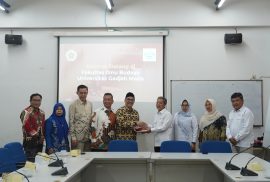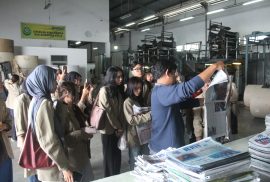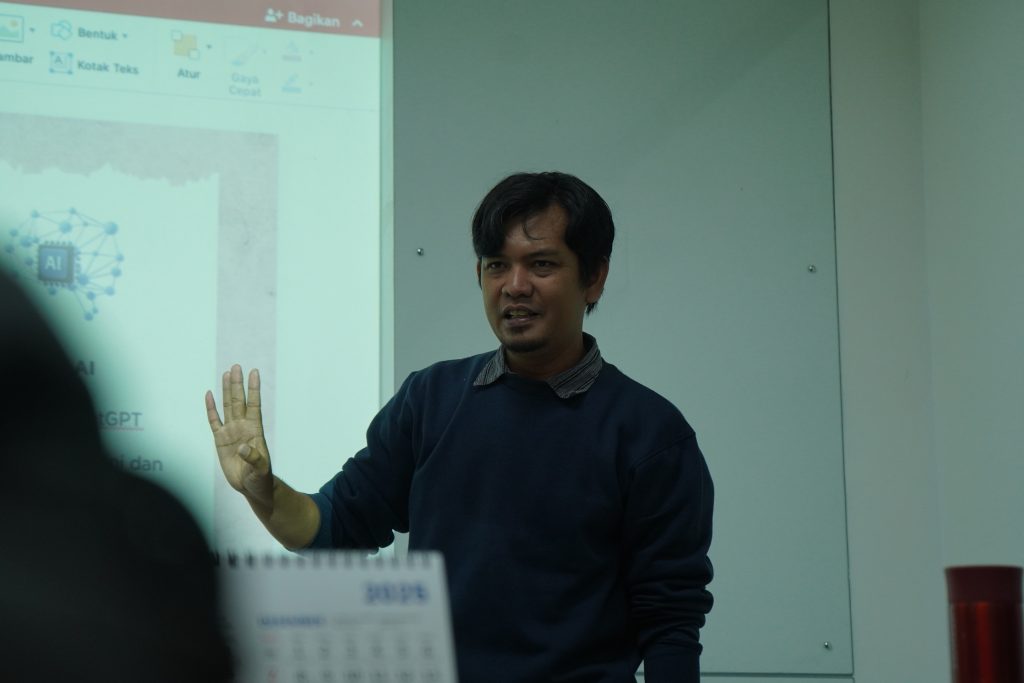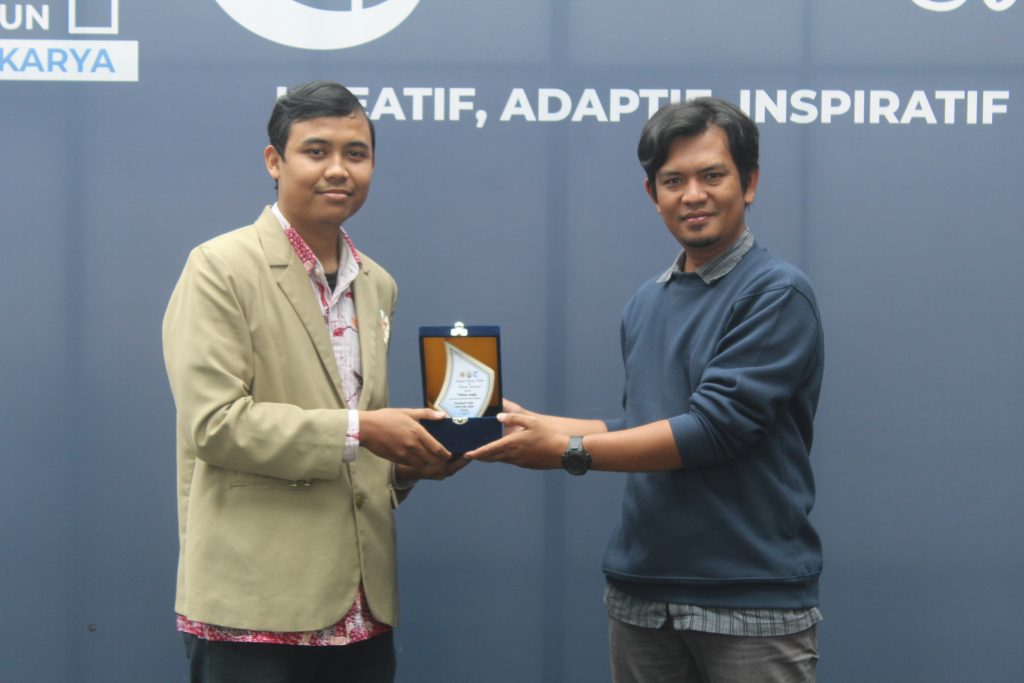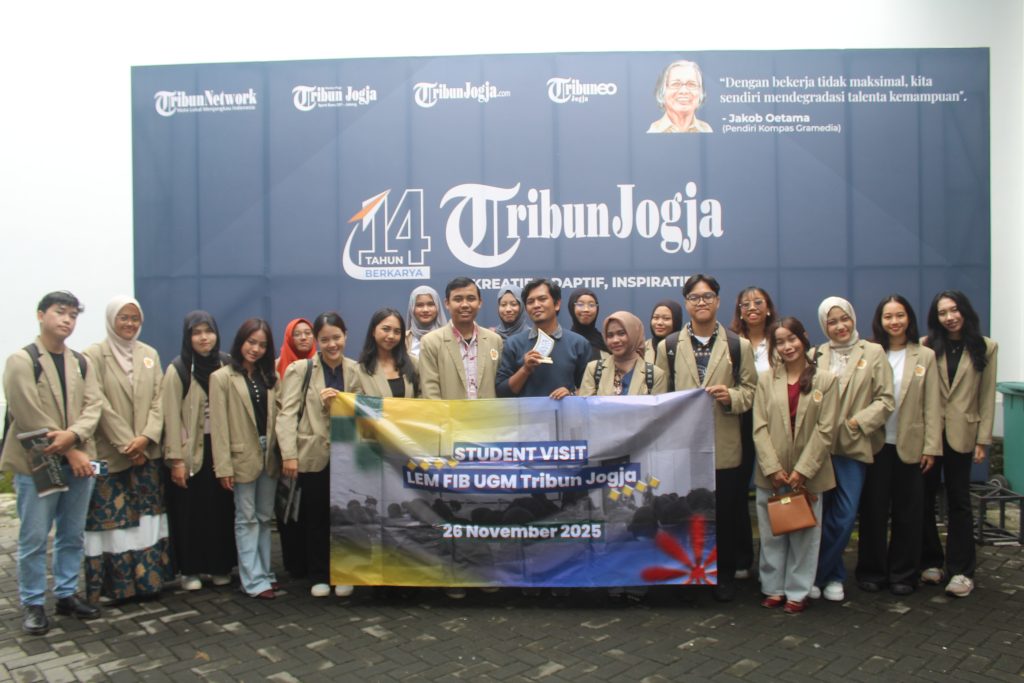Yogyakarta, December 1, 2025 – The Faculty of Cultural Sciences, Universitas Gadjah Mada welcomed a benchmarking visit from the Deanery of the Faculty of Adab, Universitas Islam Negeri Raden Intan Lampung. The visit aimed to gain insights into study program governance, with a particular focus on the management of the English Literature Study Program. The activity took place at Meeting Room I, FIB UGM, and was attended directly by the Dean of the Faculty of Adab UIN Raden Intan Lampung, Dr. H. Ahmad Bukhari Muslim, Lc., MA., along with members of the faculty leadership.
The delegation was received by the Dean of FIB UGM, Prof. Dr. Setiadi, S.Sos., M.Si., together with the vice deans and representatives of lecturers from the English Literature Study Program. The meeting discussed various aspects of academic and institutional management at FIB UGM and its study programs as a shared learning reference. The Faculty of Adab UIN Raden Intan Lampung currently oversees two study programs, namely Islamic Civilization History and Islamic Library and Information Science. Through this meeting, the Faculty of Adab UIN Raden Intan Lampung is expected to expand the number of its study programs to better respond to the needs of higher education and to broaden future institutional cooperation.
[Public Relations of FIB UGM, Candra Solihin]

